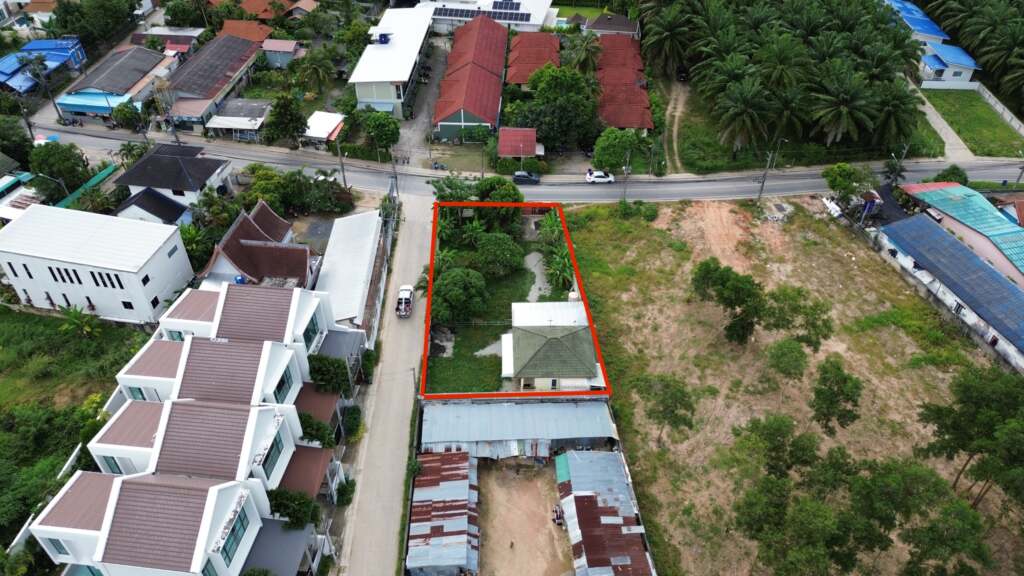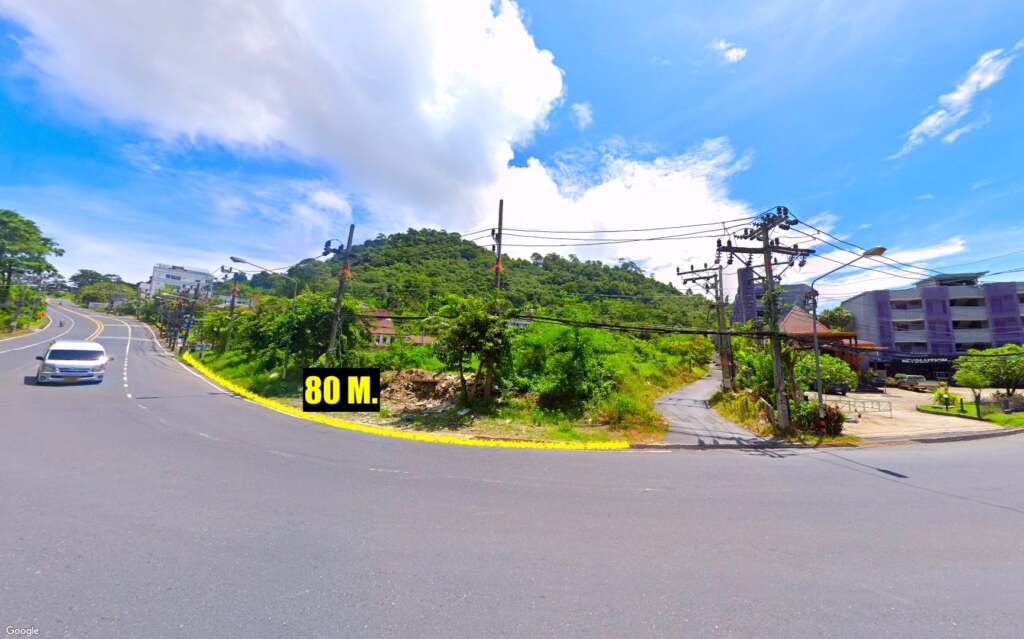The importance of a guide for conducting thorough due diligence before purchasing land, outlining key steps like title searches, zoning law compliance, and understanding environmental regulations.
Thailand’s picturesque landscapes and strategic location make it an attractive destination for both local and international businesses. However, the process of purchasing land in Thailand, especially for corporate entities, is governed by specific regulations that must be thoroughly understood to avoid legal pitfalls. Therefore, this guide provides a comprehensive overview of the key considerations for corporate buyers looking to invest in land in Thailand.
1. Legal Framework Governing Land Ownership
To begin guide with, it’s important to understand that land ownership in Thailand is primarily regulated by the Land Code and the Foreign Business Act. These laws place restrictions on foreign ownership of land. Generally, foreign entities are prohibited from owning land directly. However, there are ways for foreign companies to acquire land indirectly through Thai-incorporated companies, provided certain conditions are met.
2. Establishing a Thai Company
To navigate these restrictions, many foreign investors opt to establish a Thai limited company to acquire land. Under Thai law, a company can own land if it is classified as a Thai entity. Specifically, for a company to be considered Thai, at least 51% of the shares must be held by Thai nationals. Nevertheless, the company must not be established with the sole intent of circumventing land ownership laws, as this is strictly prohibited.

3. Land Ownership Options for Foreign Entities
Consequently, foreign corporations may consider several alternatives guide for acquiring land:
- Leasehold Agreements: One of the most common methods is entering into a leasehold agreement. Foreign companies can lease land for up to 30 years, with the possibility of renewing the lease for an additional 30 years. Therefore, this method provides a legally sound way to establish a presence in Thailand without violating ownership restrictions.
- BOI Promotion: Another viable option is obtaining promotion from the Board of Investment (BOI), which offers incentives to foreign companies. For instance, BOI-promoted businesses in specific sectors, such as manufacturing or technology, may be permitted to own land directly for their business activities.
- Treaty of Amity: Moreover, under the Thailand-US Treaty of Amity and Economic Relations, American companies may have the right to own land in Thailand, subject to certain conditions. However, it’s essential to note that the company must be at least 50% American-owned to qualify.
4. Due Diligence Process
Before making any purchase, it is crucial to conduct thorough due diligence. First and foremost, a Title Search should be conducted to ensure the land has a clear and unencumbered title. This search, performed at the Land Department, will verify ownership and reveal any existing encumbrances.
Additionally, corporate buyers must consider Zoning Laws to ensure that the intended use of the land aligns with local regulations. This step is essential to avoid any legal issues post-purchase. Furthermore, it is advisable to review Environmental Regulations to confirm that the land is not in a protected zone or subject to restrictions that could hinder development plans.

5. Land Transfer Procedure
Once due diligence is completed and both parties agree on the sale, the land transfer process can commence. Initially, a Sale and Purchase Agreement (SPA) should be drafted, outlining the terms and conditions of the transaction. This agreement must be signed by both parties and witnessed.
Next, the Transfer at the Land Department is required. Both the buyer and the seller, or their authorized representatives, must be present at the local Land Department during the transfer process. Additionally, various Taxes and Fees must be paid during the land transfer, including transfer fees, income tax, and specific business tax. The exact amounts will depend on the property’s value and the specifics of the transaction.
6. Financing the Purchase
When it comes to financing the purchase, corporate buyers have the option to work with local Thai banks. However, it’s important to note that options may be limited for foreign entities. Therefore, it is advisable to partner with a local financial institution familiar with the nuances of land transactions involving foreign companies.
7. Post-Purchase Compliance
After acquiring land, corporate buyers must ensure ongoing compliance with Thai laws. First, the Company Ownership Structure should be maintained as required by Thai law. Regular audits may be conducted to ensure compliance.
Additionally, it is crucial to adhere to the approved Land Use and Development plans. Any significant deviations from the approved plans may require approval from the relevant authorities. Moreover, companies owning land must fulfill their Reporting Requirements by notifying the Land Department of any changes in ownership or use.

Conclusion
In summary, purchasing land in Thailand as a corporate entity involves navigating a complex legal landscape. Foreign investors must carefully manage the restrictions on land ownership while ensuring compliance with Thai laws. By conducting thorough due diligence, working with knowledgeable legal and financial advisors, and maintaining compliance post-purchase, corporate buyers can successfully invest in Thailand’s lucrative real estate market.
Disclaimer: This guide is intended for informational purposes only and does not constitute legal advice. It is recommended that corporate buyers consult with legal professionals in Thailand before proceeding with any land acquisition.
Related content on our website about real estate: If you are wondering about the process of buying property. Read more : https://cm-topestate.com/property-purchase-process-in-thailand/
For further information, don’t hesitate to contact us. You can reach us via WhatsApp at +66 (0) 93-578-6028, send us an email at info.cmtopestate@gmail.com, or visit our website at www.cm-topestate.com. We are always available to assist you.



